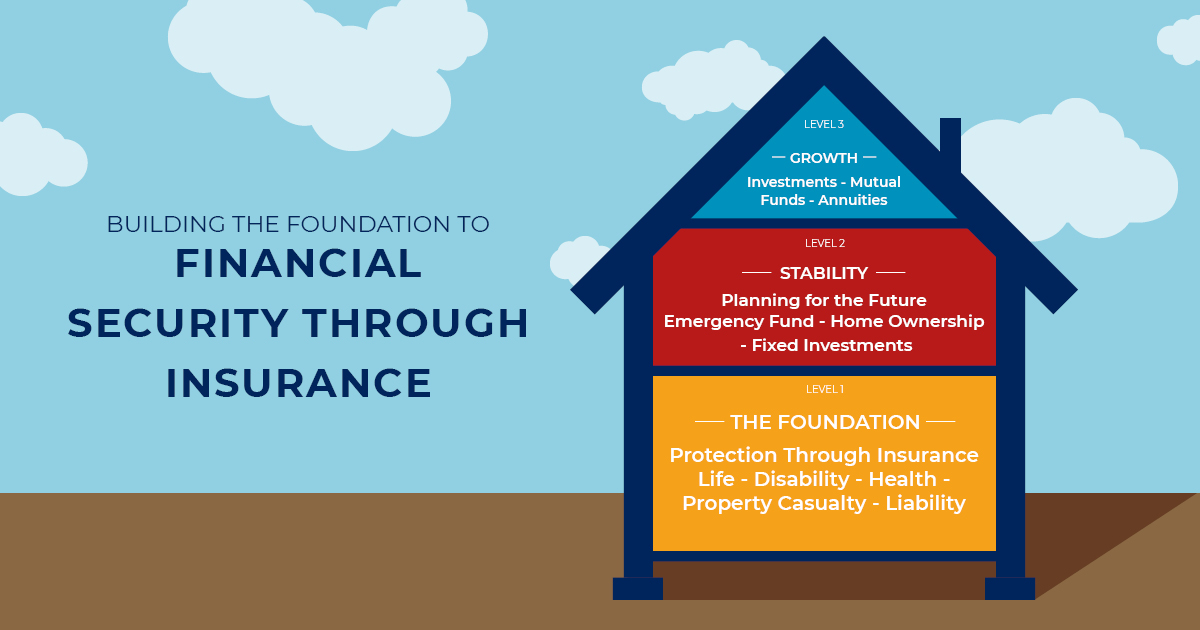


Certificates may be bearer, meaning they entitle the holder to rights under the security merely by holding the security, or registered, meaning they entitle the holder to rights only if they appear on a security register maintained by the issuer or an intermediary. Securities may be represented by a certificate or, more typically, they may be "non-certificated", that is in electronic ( dematerialized) or " book entry only" form. In some jurisdictions it includes some instruments that are close to equities and fixed income, e.g., equity warrants. In some jurisdictions the term specifically excludes financial instruments other than equities and fixed income instruments. In some countries and languages people commonly use the term "security" to refer to any form of financial instrument, even though the underlying legal and regulatory regime may not have such a broad definition. The term commonly refers to any form of financial instrument, but its legal definition varies by jurisdiction.
FINANCIAL SECURITY FULL
This means you would receive your first payment in the sixth full month after the date we find that your disability began.A security is a tradable financial asset.

Generally, if your application for Social Security Disability Insurance (SSDI) is approved, you must wait five months before you can receive your first SSDI benefit payment. FAQs What's the quickest you can get disability? › The amount you can earn without affecting your benefits is adjusted annually, and the rules differ depending on your age and the year in which you reach full retirement age. However, if you are already receiving benefits and you continue to work, your benefits may be reduced if you earn over a certain amount. This can result in an increase in your monthly benefit amount. If you continue to work past full retirement age, your Social Security Retirement benefits may be increased, as the Social Security Administration will recalculate your benefit amount to take into account any additional earnings you have. Q: What happens if I continue to work past full retirement age? Table of Contents Common Questions About Disability and Retirement Related to Social Security Q: What is Social Security Disability? Q: Who is eligible for Social Security Disability? Q: How do I apply for Social Security Disability? Q: What medical conditions qualify for Social Security Disability? Q: How are Social Security Disability benefits calculated? Q: Can I work and receive Social Security Disability benefits? Q: What is the difference between Social Security Disability and Supplemental Security Income (SSI)? Q: What happens if my Social Security Disability application is denied? Q: How do I appeal a denied Social Security Disability claim? Q: How long does it take to receive a decision on a Social Security Disability claim? Q: What is Social Security Retirement? Q: Who is eligible for Social Security Retirement? Q: How do I apply for Social Security Retirement? Q: What is the full retirement age for Social Security? Q: Can I collect Social Security Retirement and work at the same time? Q: How are Social Security Retirement benefits calculated? Q: What is the maximum Social Security Retirement benefit amount? Q: When should I start collecting Social Security Retirement benefits? Q: What happens if I continue to work past full retirement age? FAQs


 0 kommentar(er)
0 kommentar(er)
